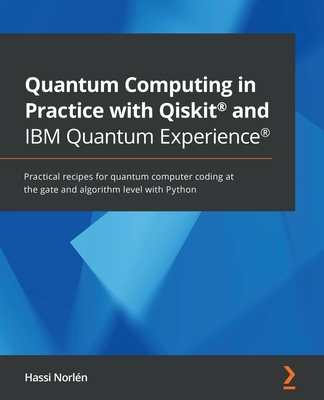相關主題
商品描述
This book provides readers with the current state-of-the-art research and technology on quantum computing. The authors provide design paradigms of quantum computing. Topics covered include multi-programming mechanisms on near-term quantum computing, Lagrange interpolation approach for the general parameter-shift rule, architecture-aware decomposition of quantum circuits, software for massively parallel quantum computing, machine learning in quantum annealing processors, quantum annealing for real-world machine learning applications, queuing theory models for (Fault-Tolerant) quantum circuits, machine learning for quantum circuit reliability assessment, and side-channel leakage in Suzuki stack circuits.
作者簡介
Travis Humble is Director at the Department of Energy's Quantum Science Center, a Distinguished Scientist at Oak Ridge National Laboratory, and director of the lab's Quantum Computing Institute. Travis is leading the development of new quantum technologies and infrastructure to impact the DOE mission of scientific discovery through quantum computing. As interim director of the QSC, Travis leads the innovation of scalable, resilient quantum information technologies through new materials, devices, and algorithms and facilitates the transfer of quantum technologies to the broadest audience. In addition, Travis serves as director of the OLCF Quantum Computing User Program by leading the management and operation of quantum computing technologies for a broad base of users. These revolutionary new approaches to familiar computational problems help reduce algorithmic complexity, reduce computational resource requirements like power and communication, and increase the scale at which state-of-the-art scientific applications perform. In this role, Travis leads the design, development, and benchmarking of quantum computing platforms. Travis is editor-in-chief for ACM Transactions on Quantum Computing and co-chair of the IEEE Quantum Initiative. Travis also holds a joint faculty appointment with the University of Tennessee Bredesen Center for Interdisciplinary Research and Graduate Education working with students on energy-efficient computing solutions. Travis received a doctorate in theoretical chemistry from the University of Oregon before joining ORNL in 2005.











